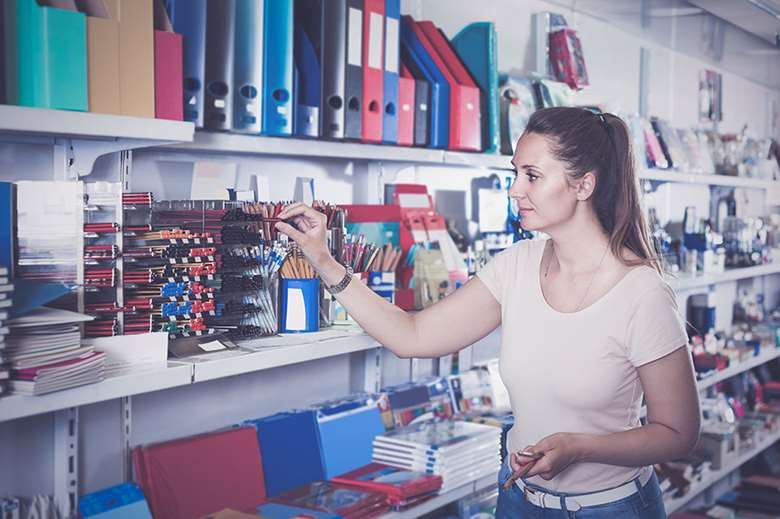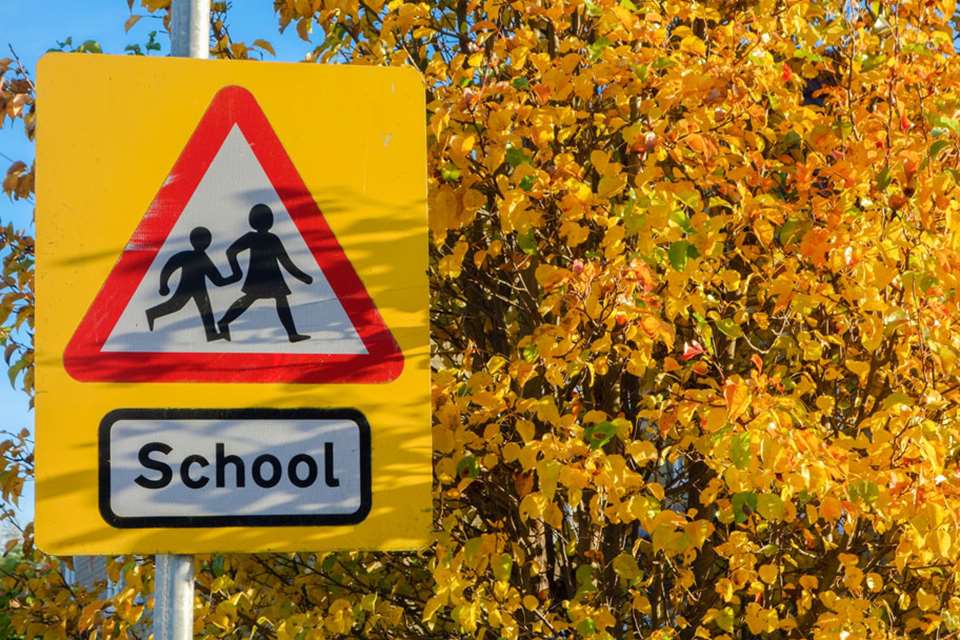Most teachers pay for school resources themselves
Friday, September 22, 2017
More than nine in ten school staff are paying for items including stationery, books and even paper towels out of their own pockets, a survey suggests.

There are also reports of paper being rationed and teachers having to buy text books.
The survey of more than 1,800 teachers, heads and primary and secondary school staff in England reveals the extent to which teachers and parents are subsidising children’s education.
It found that 94 per cent of respondents paid for classroom resources or equipment themselves in the last school year, with a third (33 per cent) saying they spent more in the last year than in previous years. Nearly two-thirds (61 per cent) attributed this to a shortage of funding at their school.
The National Education Union (formerly the National Union of Teachers and the Association of Teachers and Lecturers) received responses from 1,854 members working in state-funded primary and secondary schools in England in August and September.
More than a quarter of (26 per cent) spent between £101 and £500 on school resources from their own money, and just under a third (31 per cent), between £51 and £100.
Stationery was the most commonly purchased item by more than three-quarters (73 per cent) of respondents, followed by books (58 per cent), and art materials (43 per cent).
In one school teachers were asked to buy back their laptops when the lease ran out because there was no funding to replace them.
The schools funding crisis means that staff are even being asked to pay for cleaning materials.
A head of English in a secondary school experiencing big cuts, said, ‘We are being asked to pay for paper towels to dry hands and wipe up spillages. We are also increasingly bringing in our own computers as there is no money to update the aged machines in the school. We look back with nostalgia on the days when the school provided tea, coffee and even food before parents’ evenings and when we had cutting edge technology in our classrooms.’
One primary teacher said, ‘There is a constant shortage and rationing of paper and laminating sheets and it’s just simpler to buy your own than fight for basics. Our school has no money, so there’s no point asking for reimbursement for displays or classroom expenditure.’
Teachers also revealed that they have had to pay for food for students staying for revision and coursework sessions, as well as equipment for activities.
Another said, ‘I buy the green pens, board cloths and plastic wallets for the department as we don’t have enough money in the budget.’
Parents are also increasingly asked to make donations to keep schools afloat and to pay for school trips.
A member of a primary school leadership team said, ‘Previously we have not asked parents for donations to supplement school funding but we will this year. I think we are asking for a donation of £5 per family each term.’
‘The school couldn’t subsidise school trips so parents were asked to pay,’ said one primary teacher. ‘It was made clear that they should be paying; even though the fact that it is voluntary was mentioned, it was not emphasised enough.’
Dr Mary Bousted, joint general secretary of the National Education Union, said, ‘Staff have always been willing to spend some of their own money for the odd item such as prizes for children, but the funding cuts are digging deep. This is making it hard for schools to manage without being subsidised by staff and parents. Parents should not be expected to pay for their children’s education or risk their children missing out on school trips or seeing them perform in school sports if they cannot afford to pay. And it is wrong to rely on the good will of staff, who have seen their own pay fall over the past ten years, to meet the shortfall. The ‘Government needs to fund schools adequately so children can enjoy a full curriculum in properly resourced schools.’
A Department for Education spokesperson said, 'Standards are rising across our school system and our new fairer funding formula – backed up by £1.3bn extra funding for schools - will ensure we can build on that success. It will replace the outdated funding system which saw our children have very different amounts invested in their education purely because of where they were growing up.
'No parent is required to make a contribution to their child’s education. The rules are clear on this and no policies have been introduced by this Government to allow schools to charge for education provided during school hours and this includes the supply of any materials or equipment.'









